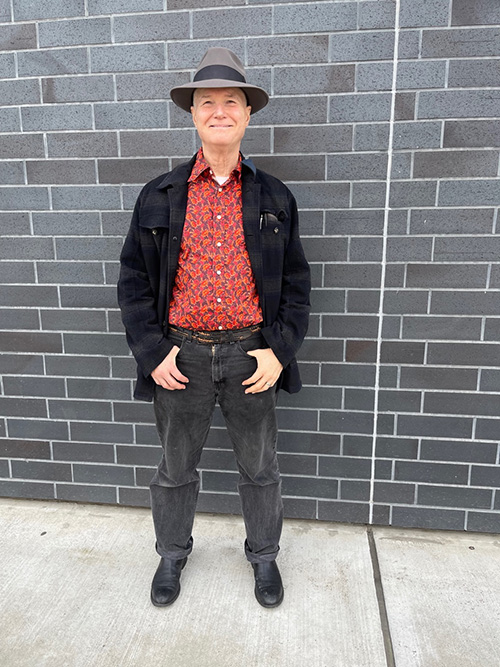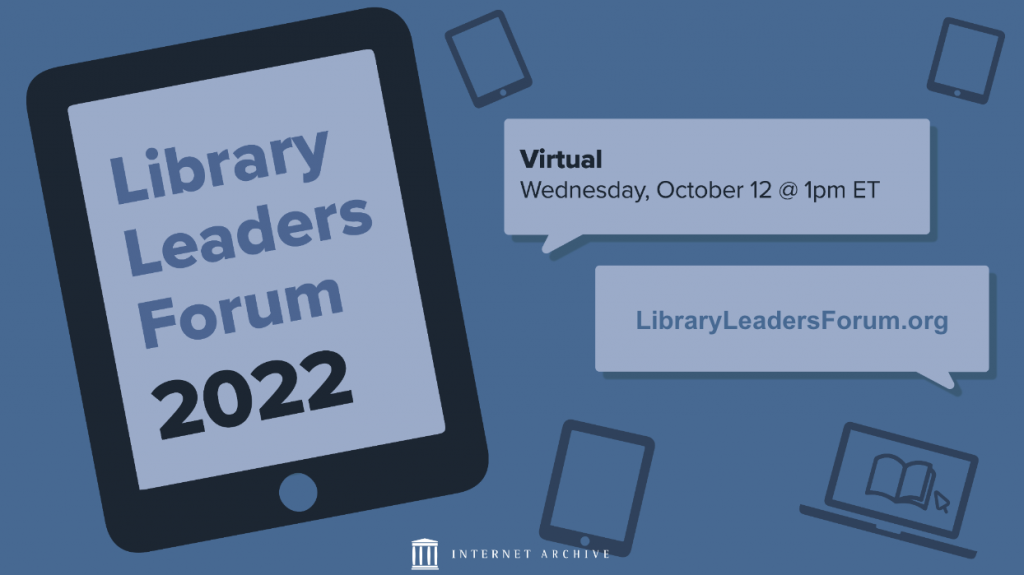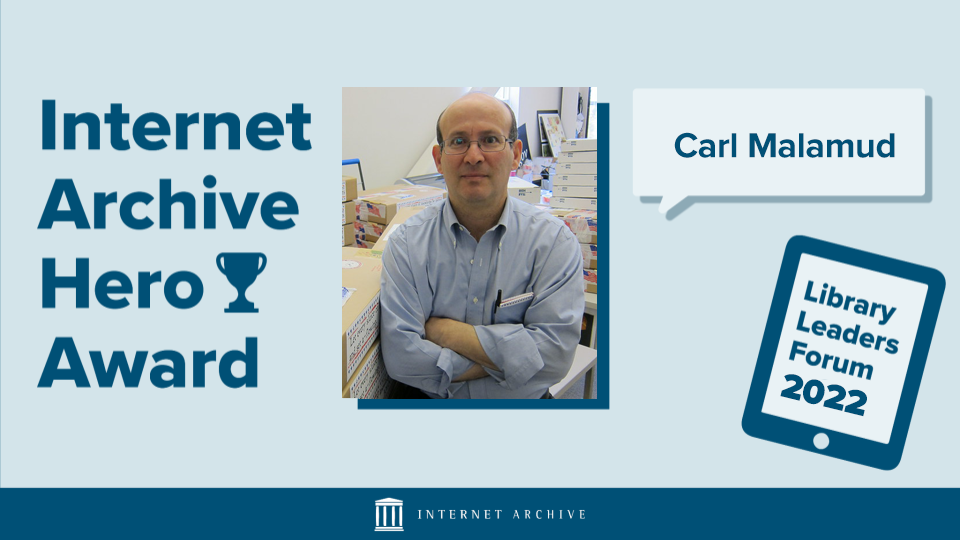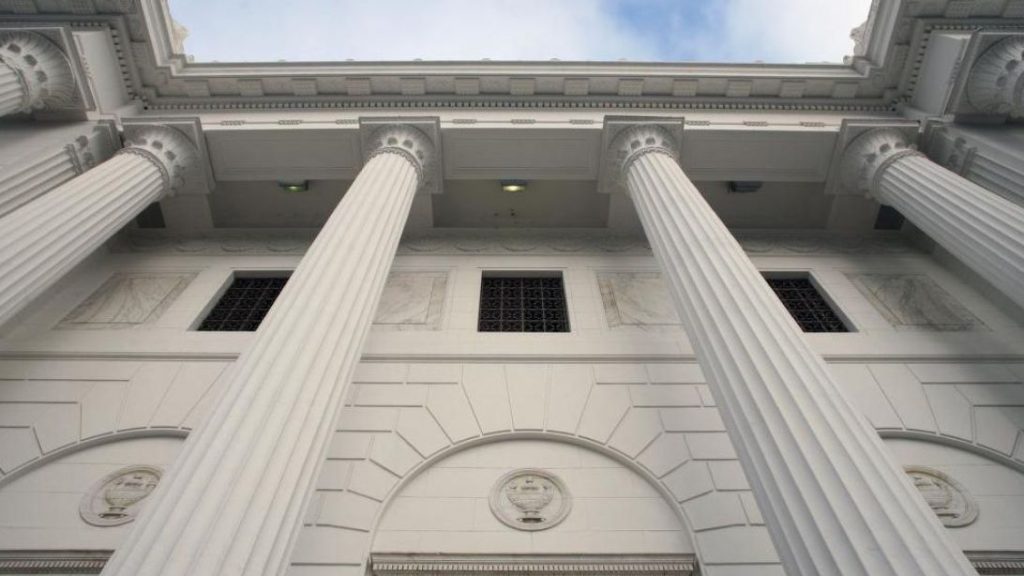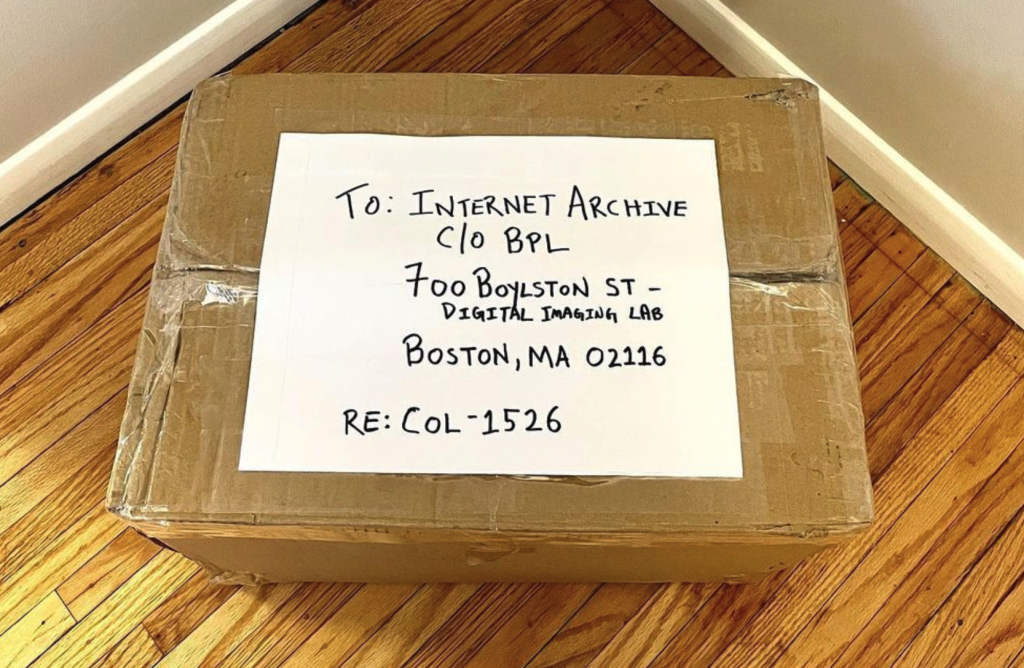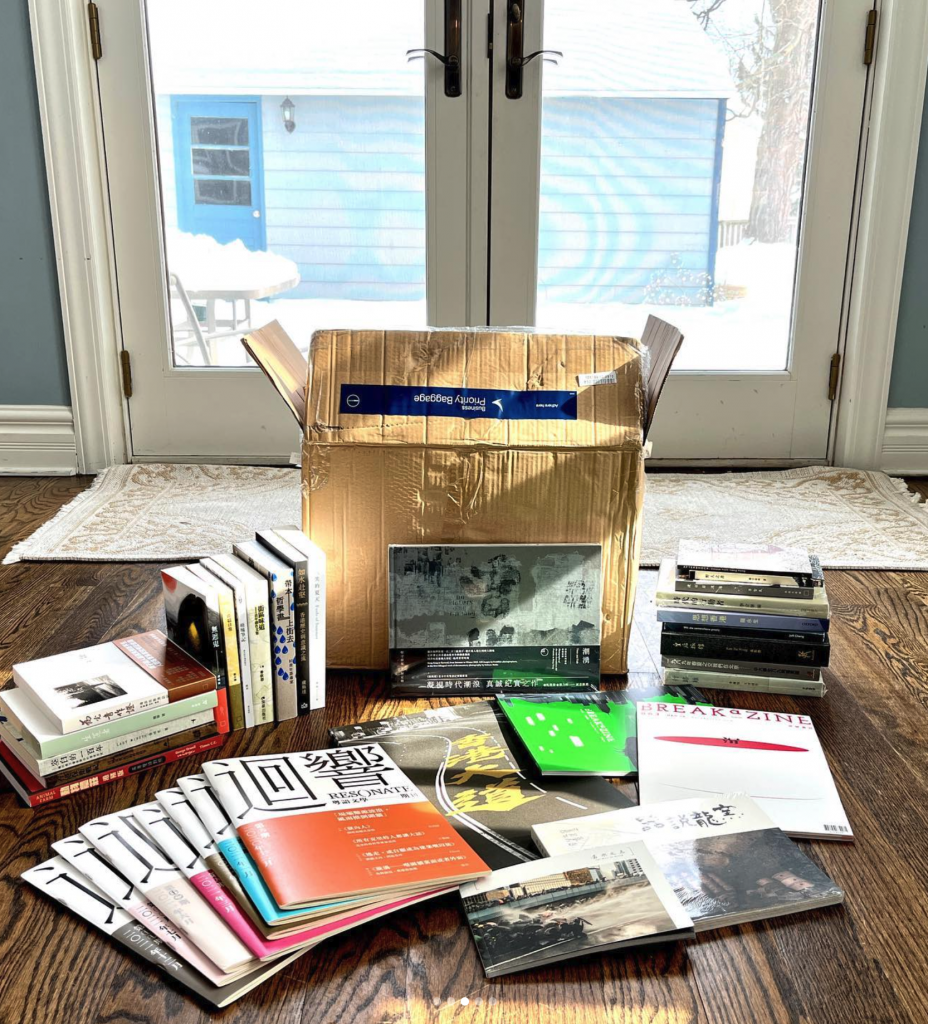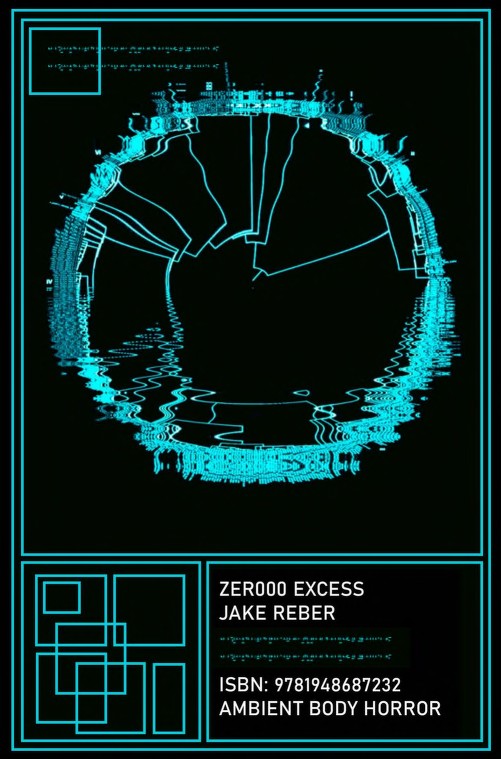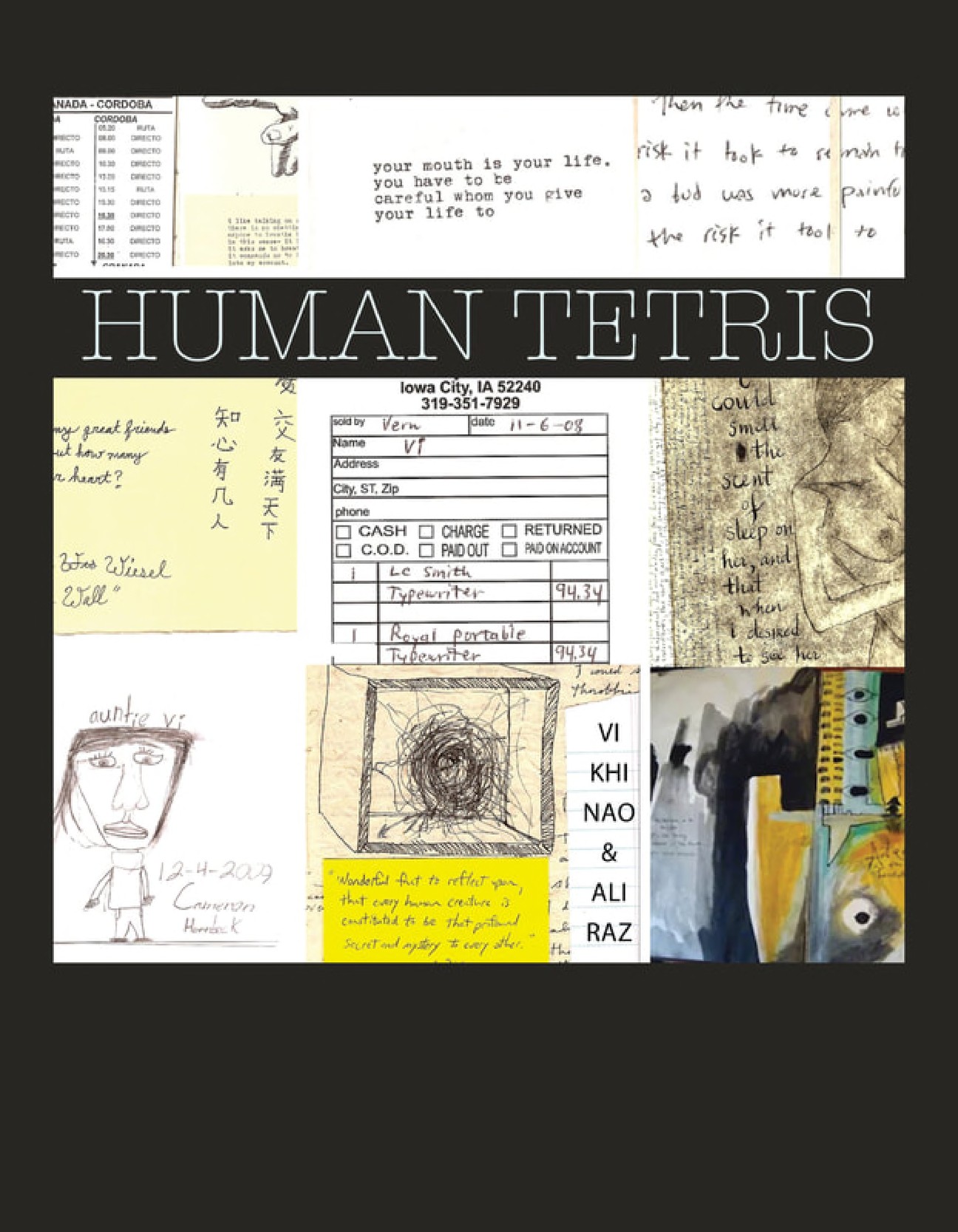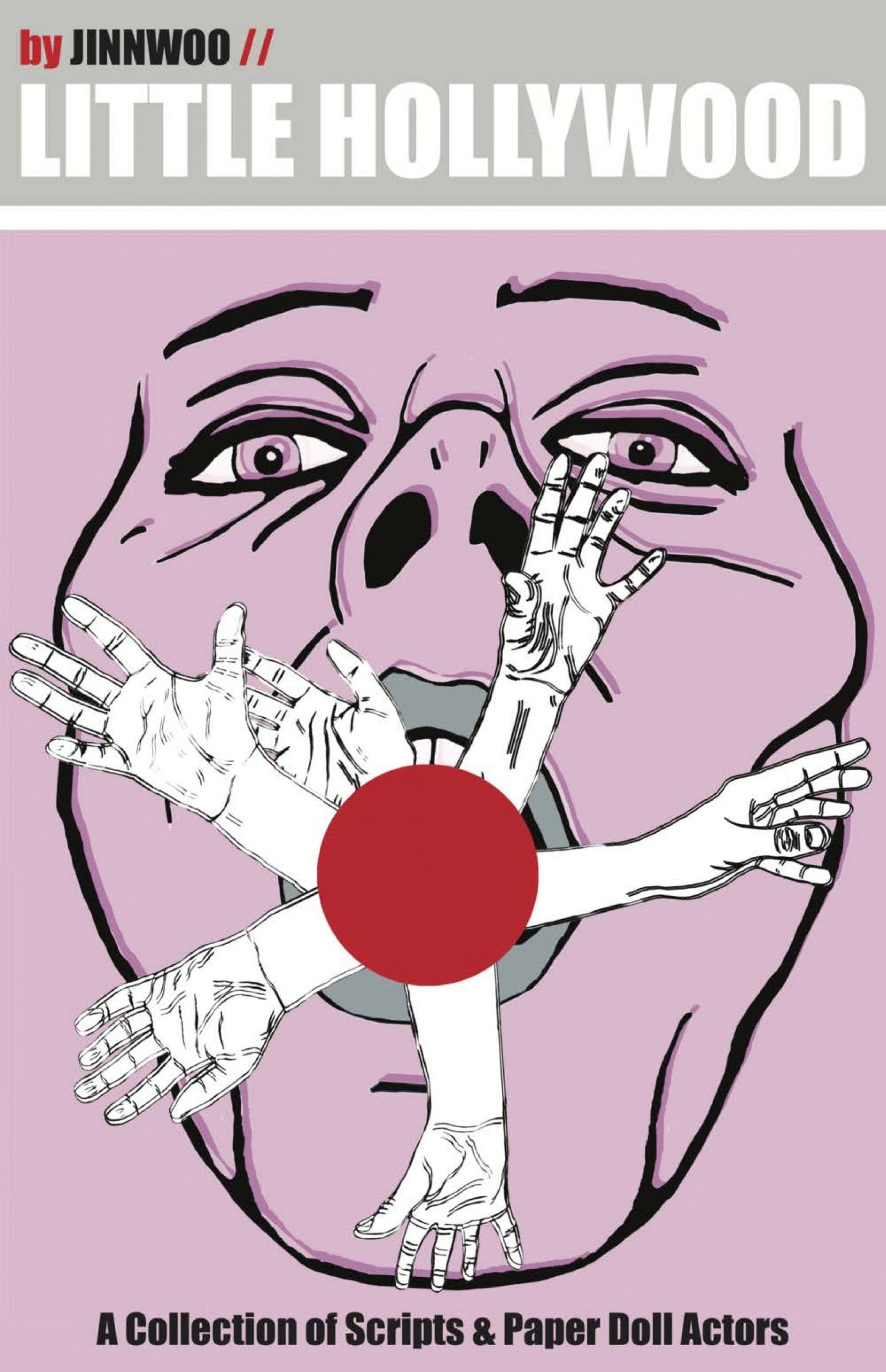Editor’s note: Recently we asked our patrons to submit stories about how they use our library in their research. If you’d like to share your story, please leave comments here.
From author Larry Dieterich, in his own words:
I live in Davis, CA where I have excellent library resources. I am currently engaged in research for a book I’m writing, which contains a feminist deconstruction of the Biblical creation myth originally told in the third chapter of Genesis.
The research materials I am using for this project are often found in books; both new and old. I recently was recommended a book published in 2003; The Beginning of Wisdom by Leon R. Kass. Someone suggested this book might be useful for my research into the Biblical backstory of Eve and the Snake.
My local library does not have this particular book. I checked with Amazon and found that I could purchase a used copy and have it delivered to my home for about $9. The book contains 700 pages and since I already have many books in limited space, borrowing the book was clearly the best option: I didn’t know if the book was something I could even use, much less want to own.
I am a patron of the San Francisco Public Library and I checked their online catalog and found that they do own a copy of the book. The library’s website indicated and that the book ‘may be on the shelf’ in the main library, but I would have to drive to San Francisco to find out.
Before driving 70 miles to check the shelves, I thought to check the Internet Archive. It turns out that they own several copies of this particular book! I was able to borrow and begin reading it immediately, at no cost, without leaving my home. This saved me from having to drive 140 miles to borrow the book and another 140 miles to return it.
[T]he ability to quickly search the full text of the books I borrow from the Internet Archive is amazingly useful.
Larry Dieterich, author
The real value for my research, however, came when I perused the book I had borrowed. It turns out that the particular information I was looking for in this book was marginally useful to my research, but the digitized copy of the book was searchable in its full text. On a whim, I searched for the word “moon” and I found that the book discussed, in unexpected depth, another important subject for my research: the origins of time. I was able to quickly and easily expand my research to access some useful information that I didn’t expect to find in this book. It is unlikely that I would have looked for this esoteric content in the physical book. The convenience and power of the full-text search capability provided by the digital form of the book worked like magic.
In summary; I was able to avoid driving 280 miles to borrow and return the book, and the digitized copy I borrowed from the Internet Archive allowed me to easily find unexpected, and very useful, information for my research.
The Internet Archive is the most useful library. I honestly don’t think that the research I am doing would succeed without the resources provided by Internet Archive. The ability to access the library from my personal computer means that I can use the library at any time of day or night and without traveling. The Wayback Machine is invaluable for finding webpages that are no longer available anywhere else and I use it often. The digitized books I borrow from the Internet Archive have the ability to increase the size of the print; which is a real benefit for me as my visual acuity has declined with age. Also, the ability to quickly search the full text of the books I borrow from the Internet Archive is amazingly useful.
I am grateful to the folks at the Archive for creating and maintaining this truly awesome public resource. Please keep adding knowledge of all sorts.
If you’d like to share your story, please leave comments here.
